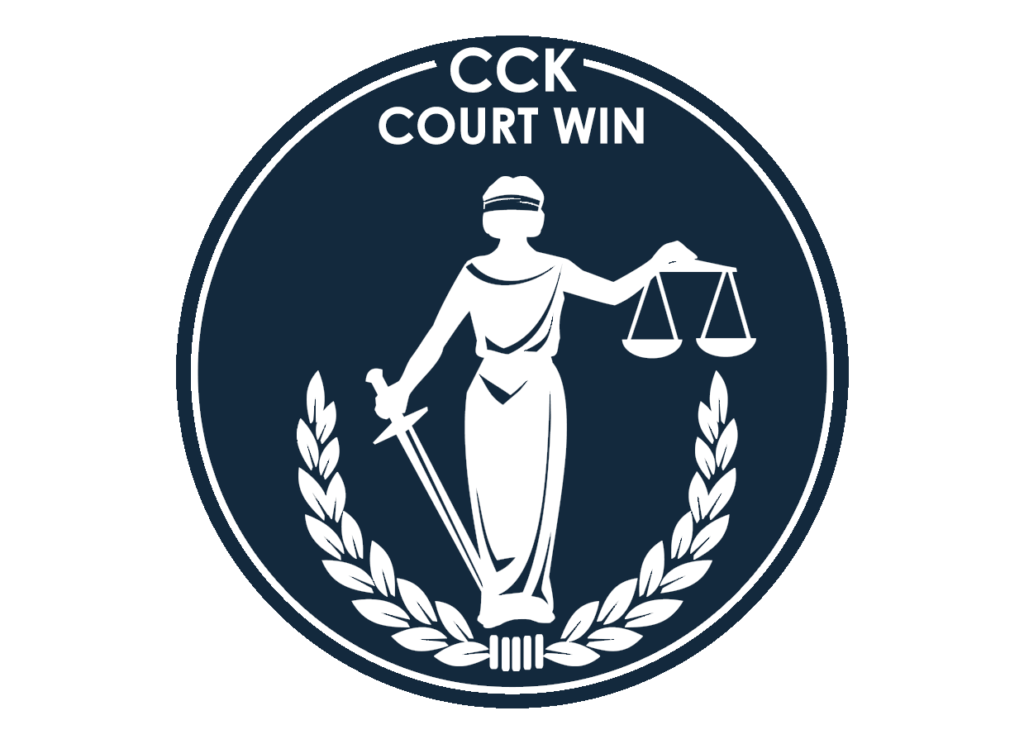Board Failed to Provide Veteran With Adequate Hearing

CCK Law: Our Vital Role in Veterans Law
Summary
The Veteran served on active duty in the United States Army from April 1971 to October 1979. He served in Vietnam, where he experienced many traumatic events, including witnessing his friends killed by gunfire, mortar fire, and bombs, and being involved in a helicopter crash. His experiences in Vietnam ruined his life and prevented him from having a career. In July 2010, the Veteran filed a claim for service connection for post-traumatic stress disorder (PTSD) and ischemic heart disease (IHD). Later that year, the Regional Office granted service connection for both disabilities with 30% ratings. In February 2012, the regional office increased the Veteran’s PTSD rating to 50%, the IHD rating to 60%, and granted entitlement to Total Disability Based on Individual Unemployability (TDIU), all effective from October 2011. The Veteran disagreed with these ratings and appealed to the Board.
Board finds Veteran limited scope of appeal
In June 2014, the Veteran testified at a Board hearing. The Board member conducting the hearing asked the Veteran and his representative whether he was seeking an earlier effective date of July 27, 2010, for the 60% rating for IHD and the 50% rating for PTSD. The Veteran and his representative responded affirmatively. In July 2016, the Board granted a 50% rating for PTSD, effective from July 27, 2010, until October 7, 2011. But it did not consider entitlement to a higher rating because it found that, based on the Veteran’s Board hearing testimony, he “clearly and unambiguously expressed his intent” to limit the scope of the appeal to an earlier effective date for the 50% rating for PTSD.
CCK appeals to the Court
CCK successfully appealed to the Court the Board’s failure to consider a rating in excess of 50% for the Veteran’s PTSD and entitlement to TDIU from July 27, 2010. CCK argued the Board erred in finding the Veteran limited the scope of his appeal because he did not clearly express an intent to do so and was not aware he was waiving his right to appeal a higher rating. Additionally, CCK argued that the Board should have considered a higher rating for PTSD and entitlement to TDIU.
CAVC agrees with CCK’s arguments
CCK argued, and the Court agreed, that the Veteran did not limit the scope of his appeal to consideration of only an earlier effective date for his 50% PTSD rating. The Court held that the Veteran’s Board hearing was inadequate because the Board member conducting the hearing failed to explain that the Veteran could seek an increase in his disability ratings for the entire period for which he is service-connected. They also held that the Board member failed to clarify that by answering her question affirmatively, the Veteran intended to limit his appeal. Therefore, the Veteran’s affirmative response to the Board member’s question did not waive consideration for the highest possible PTSD rating.
The Court remanded the case for the Board to provide an adequate hearing that fully explains all issues relevant to the Veteran’s PTSD and TDIU claims.
About the Author
Share this Post
